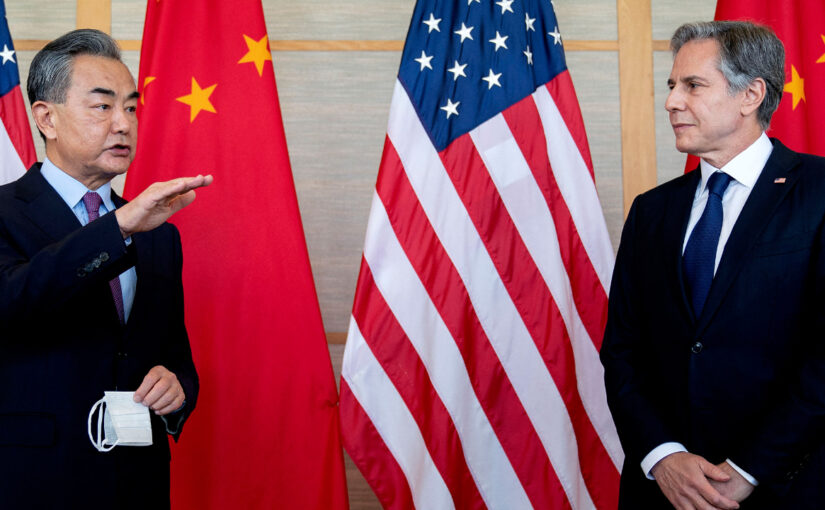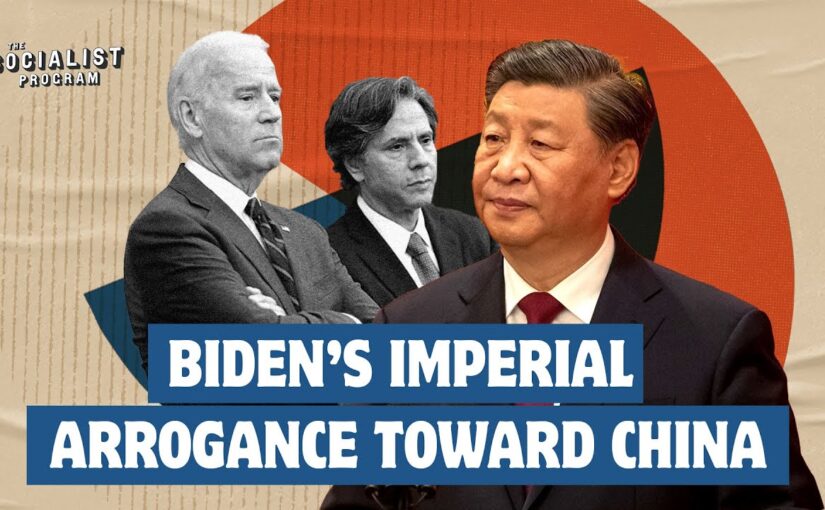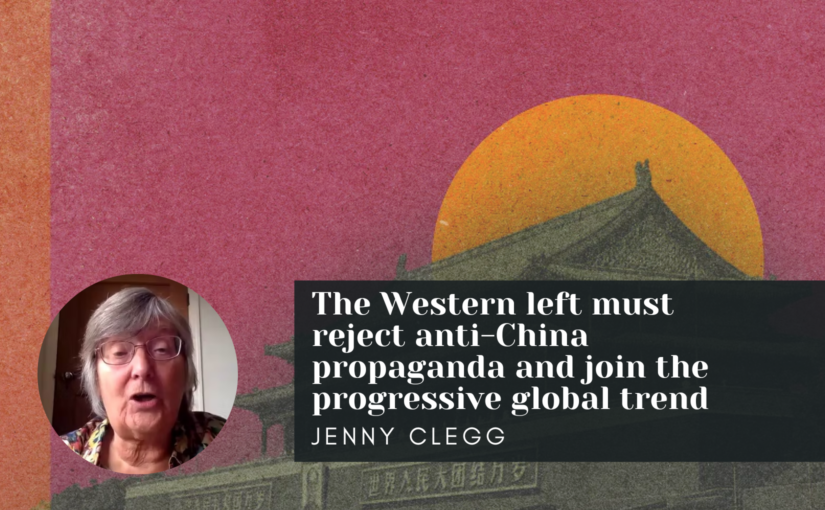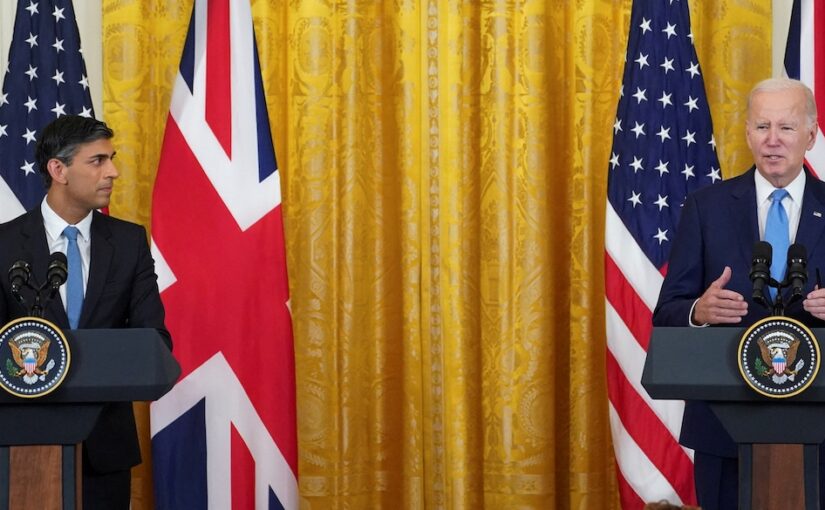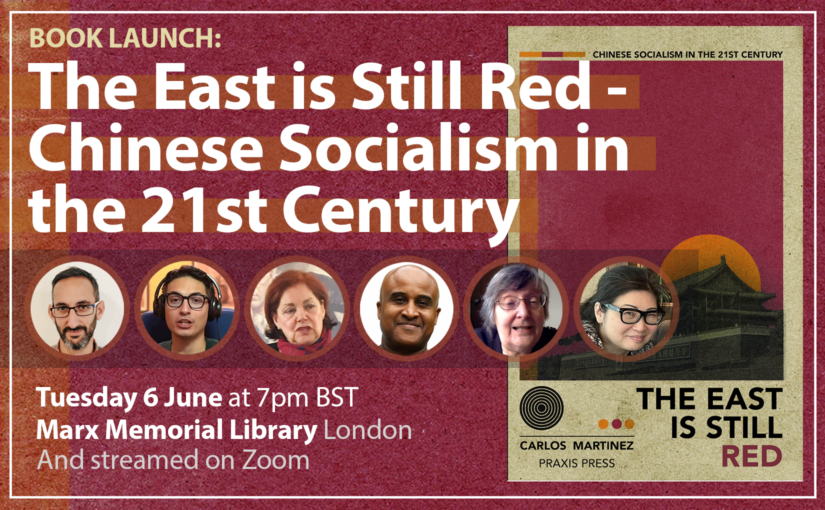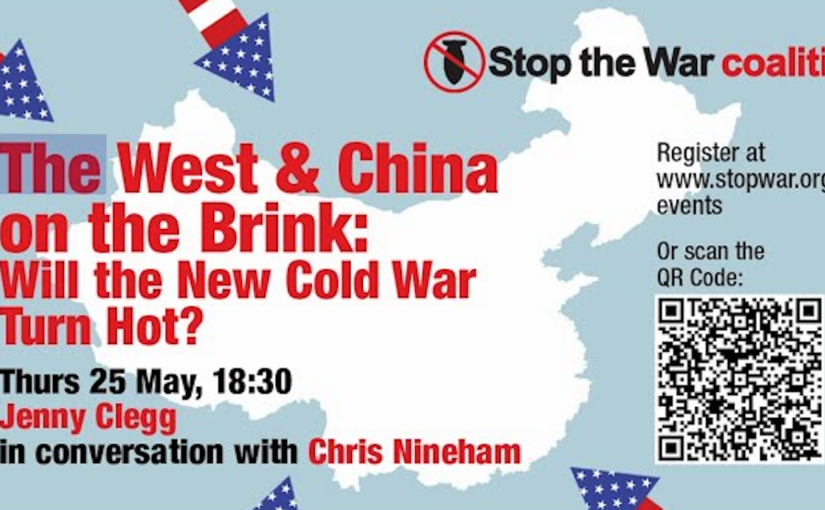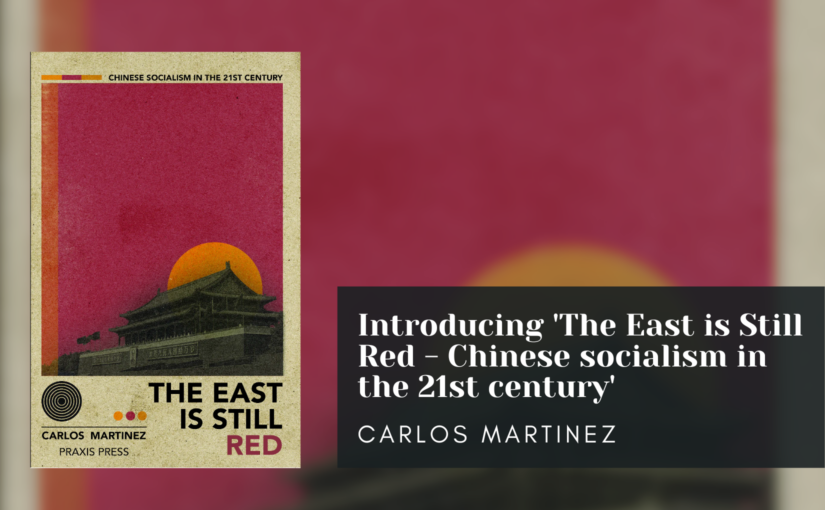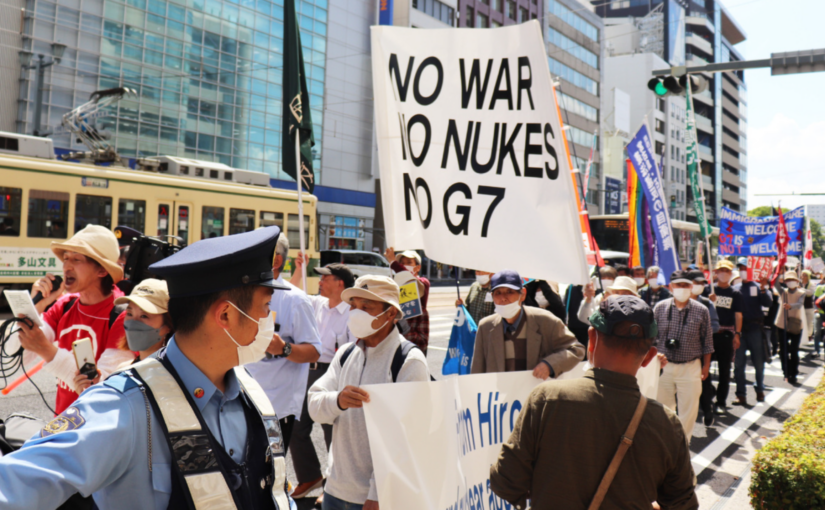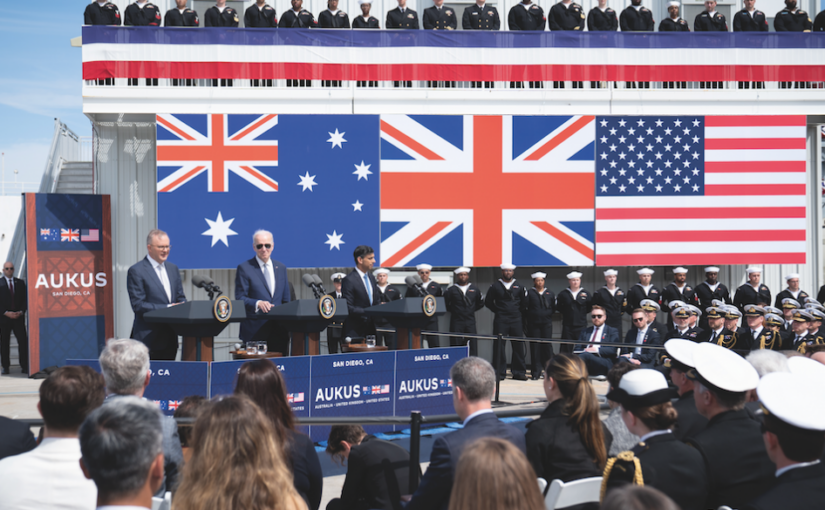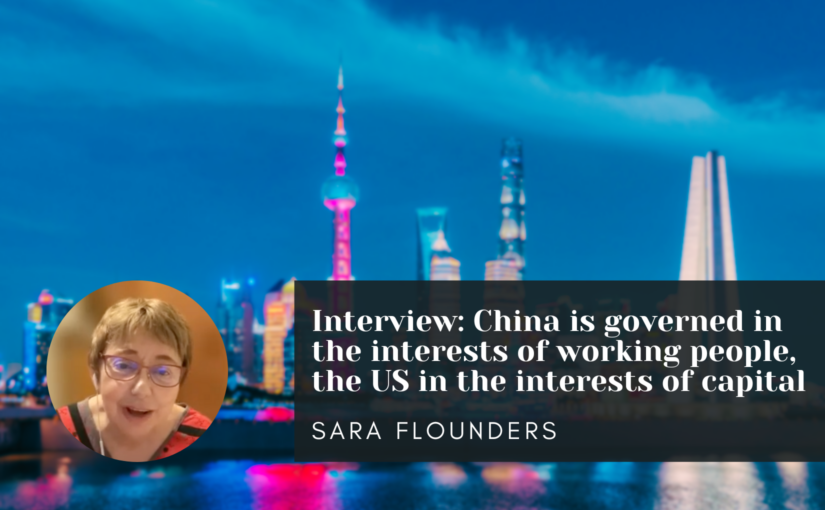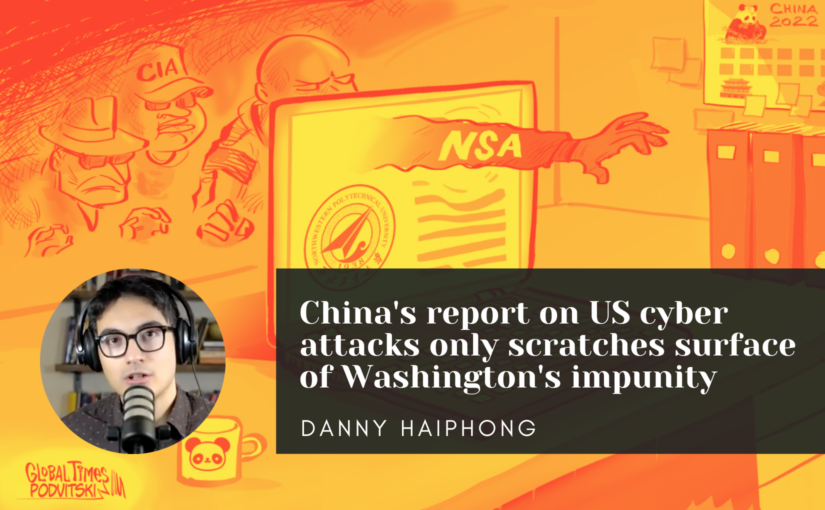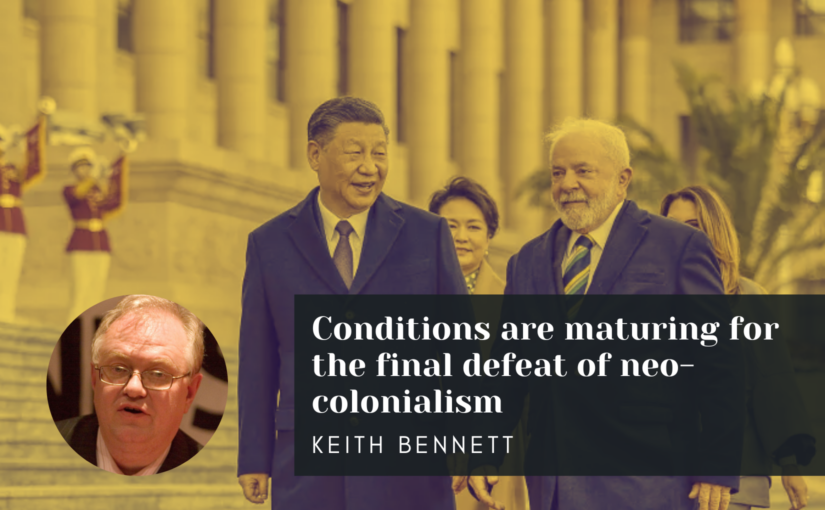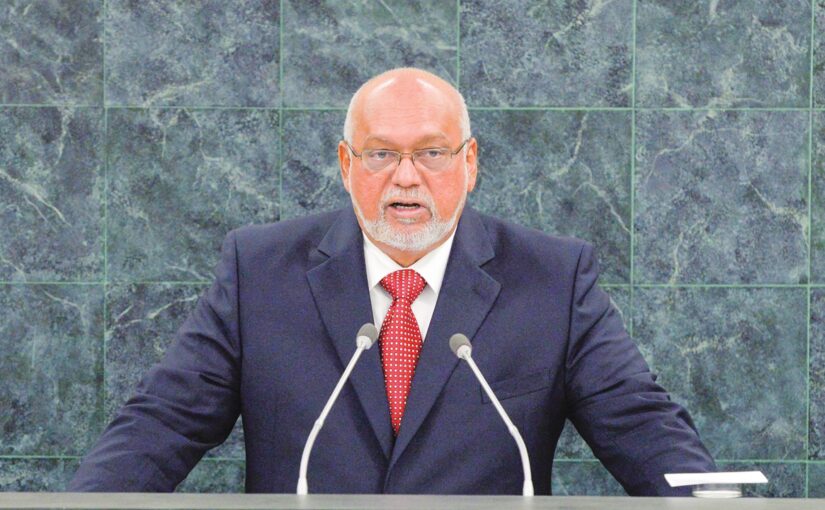The Democratic People’s Republic of Korea (DPRK) has exposed the US hypocrisy and chicanery behind the recent Beijing visit of Secretary of State Antony Blinken. A commentary describing it as a “provoker’s shameful begging visit”, written by international affairs analyst Jong Yong Hak, was released by the Korean Central News Agency (KCNA) on June 21.
According to Jong, the Biden administration has pursued a policy aimed at controlling, opposing and isolating China from Day One. This included threatening military intervention over Taiwan, the most important of China’s core interests, while escalating regional anti-China moves through mechanisms, such as the Quad and AUKUS, and seeking to create a new military bloc with Japan and South Korea.
However now the US says that it is calling for dialogue. In Jong’s words: “The US made the bilateral relations complicated and created problems. So if it respects the vital interests of China and stops all the hostile acts, the reason for deteriorating the bilateral ties will not exist any longer.”
According to KCNA, “the US Secretary of State flew to China to beg for the relaxation of relations, because of the extreme uneasiness that the attempt to press and restrain China may become a boomerang striking a fatal blow to the US economy and that China-US confrontation may trigger off the unprecedented military conflict which can lead to irretrievable disasters. In a word, the US state secretary’s recent junket can never be judged otherwise than a disgraceful begging trip of the provoker admitting the failure of the policy of putting pressure on China.”
The below article was originally carried by KCNA.
Jong Yong Hak, an international affairs analyst of the DPRK, made public the following article “Provoker’s Shameful Begging Visit” on June 21:
U.S. Secretary of State Blinken recently visited China, which attracted the attention of the international community.
The U.S., that had talked so often about the “theory of threat from China” and seriously threatened the main interests of China, dispatched its top diplomat to China, calling for “relaxation of relations”. This creates a lot of conjecture and comments.
The point of the foreign policy pursued by the present U.S. administration after its inauguration was to control, oppose and isolate China.
From the first day of its assumption of power, the Biden administration in the grip of repugnancy toward the Chinese government had made the pressure and control in an all-round way the point of its policy towards China, deliberately escalated the confrontation, violated the legal development and interests of the Chinese people and attempted in every way to prevent the prosperity of China.
It also described the Communist Party of China as a devil and spoke ill of the “human rights” situation in China. And even the U.S. chief executive committed serious political and military provocation without hesitation by openly suggesting U.S. forces’ “military intervention” over the Taiwan issue, the most important of China’s main interests.
It is none other than the present U.S. administration that has deliberately escalated the regional tensions while strengthening the anti-China complexes, including QUAD and AUKUS, and seeking to establish a new military bloc consisting of Japan and puppet south Korea.
But now the U.S. is talking about “communication” with China and “removal of the danger from misunderstanding and misjudgment”. It is just like a guilty party filing the suit first.
As the saying goes, “The man who made a knot should untie it”.
The U.S. made the bilateral relations complicated and created problems. So if it respects the vital interests of China and stops all the hostile acts, the reason for deteriorating the bilateral ties will not exist any longer.
It is the height of the double-dealing and impudence peculiar to the U.S. to provoke first and then talk about the so-called “responsible control over divergence of opinion”.
This time, the U.S. secretary of state flew to China to beg for the relaxation of relations, because of the extreme uneasiness that the attempt to press and restrain China may become a boomerang striking a fatal blow to the U.S. economy and that China-U.S. confrontation may trigger off the unprecedented military conflict which can lead to irretrievable disasters.
In a word, the U.S. state secretary’s recent junket can never be judged otherwise than a disgraceful begging trip of the provoker admitting the failure of the policy of putting pressure on China.
It is quite natural that China urged the U.S. to stop clamoring about the “theory of threat from China”, cancel illegal and unilateral sanctions on China, abandon suppression of China’s sci-tech development and not to interfere in the internal affairs of China at will.
If one forgets history, one will repeat the same mistake and if one fails to see reality properly, one will make a bigger mistake.
If the U.S. persists in its moves to seek hegemony and confrontation in international relations, oblivious of the lesson of history, it will never be able to escape from the fate of the loser.
